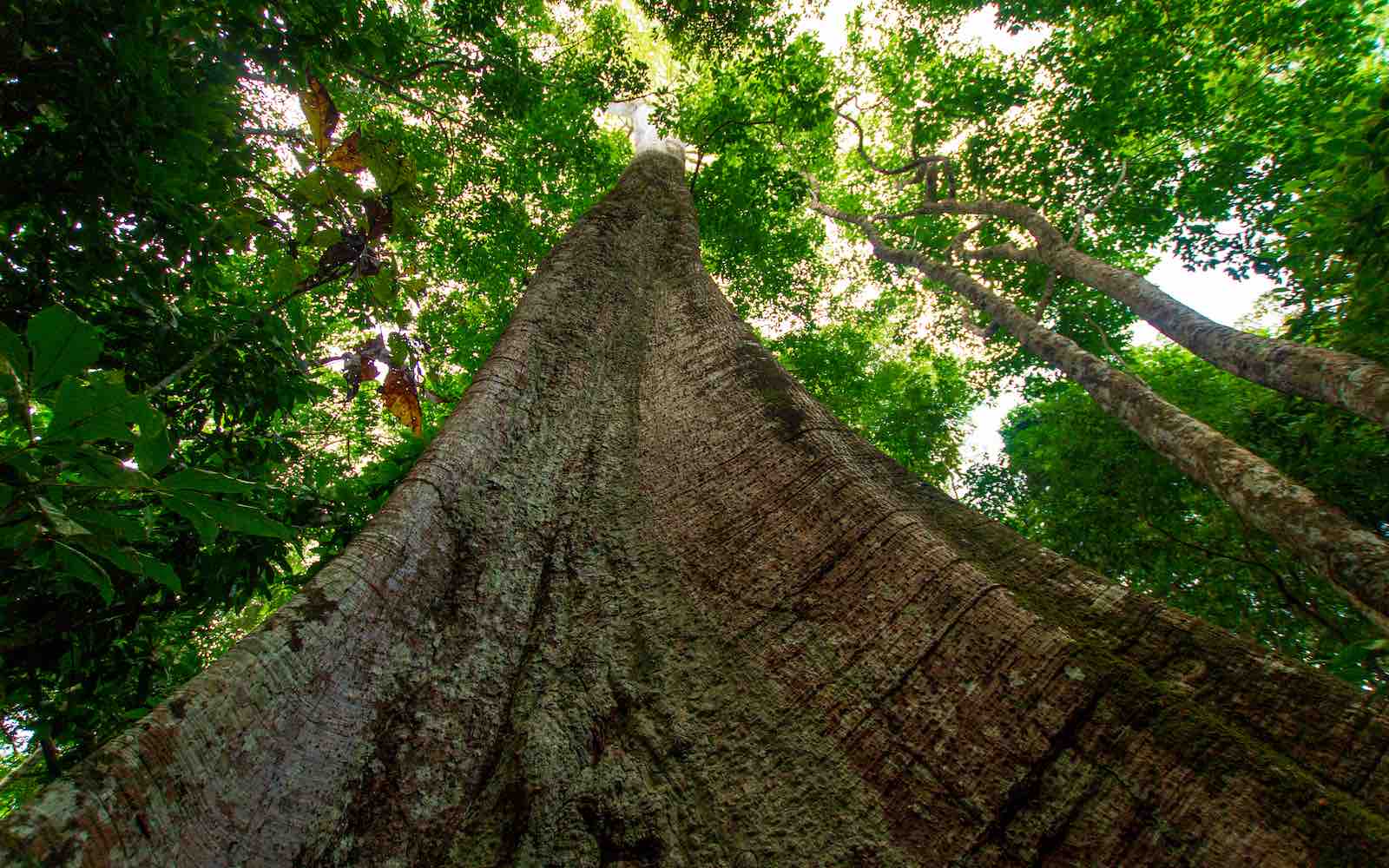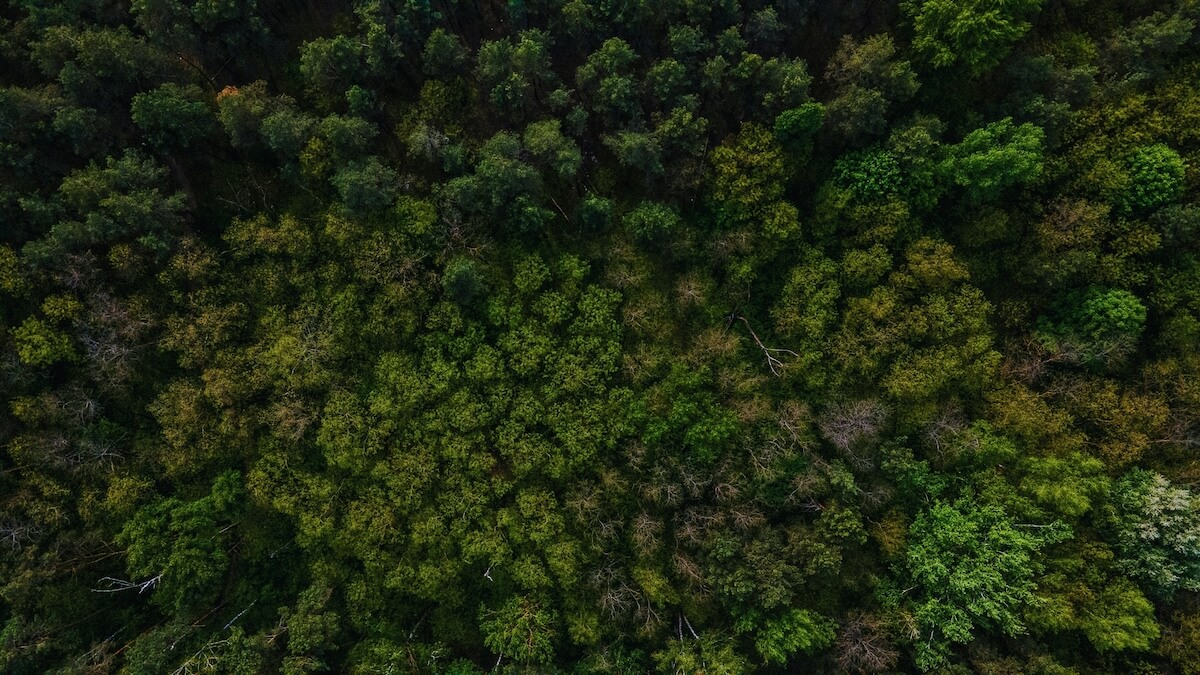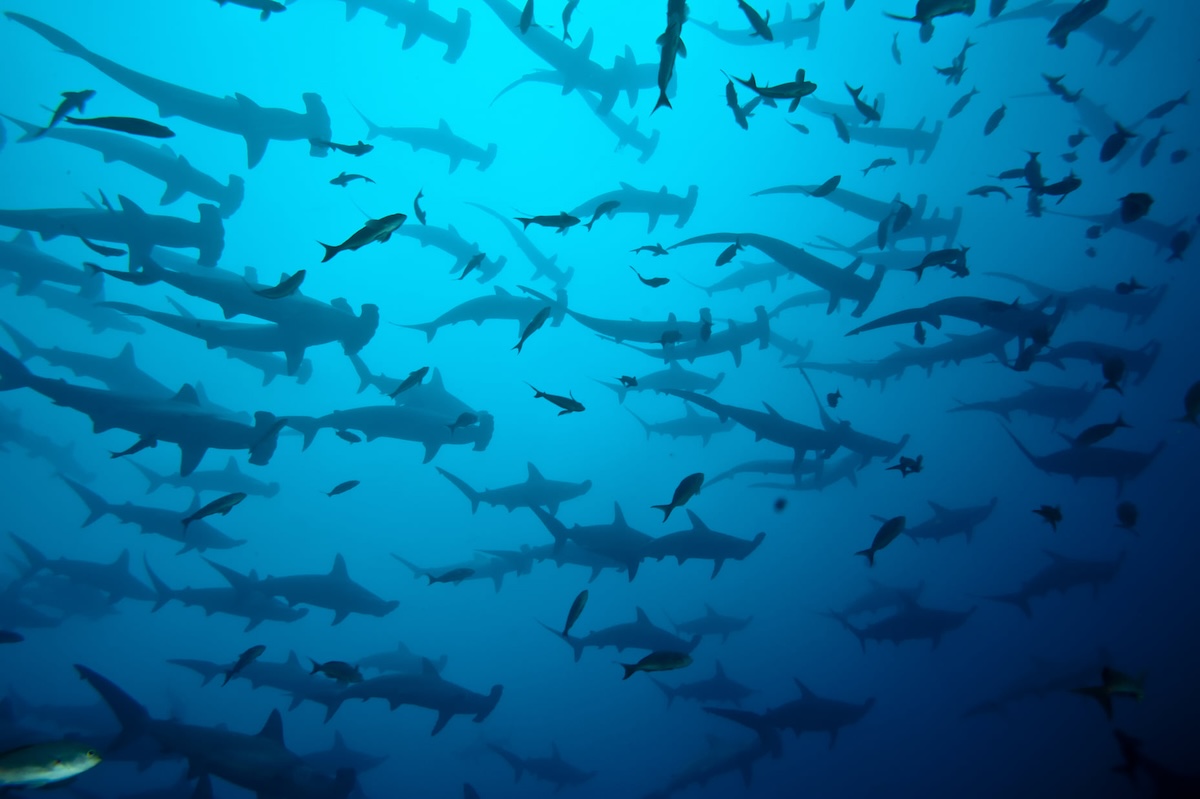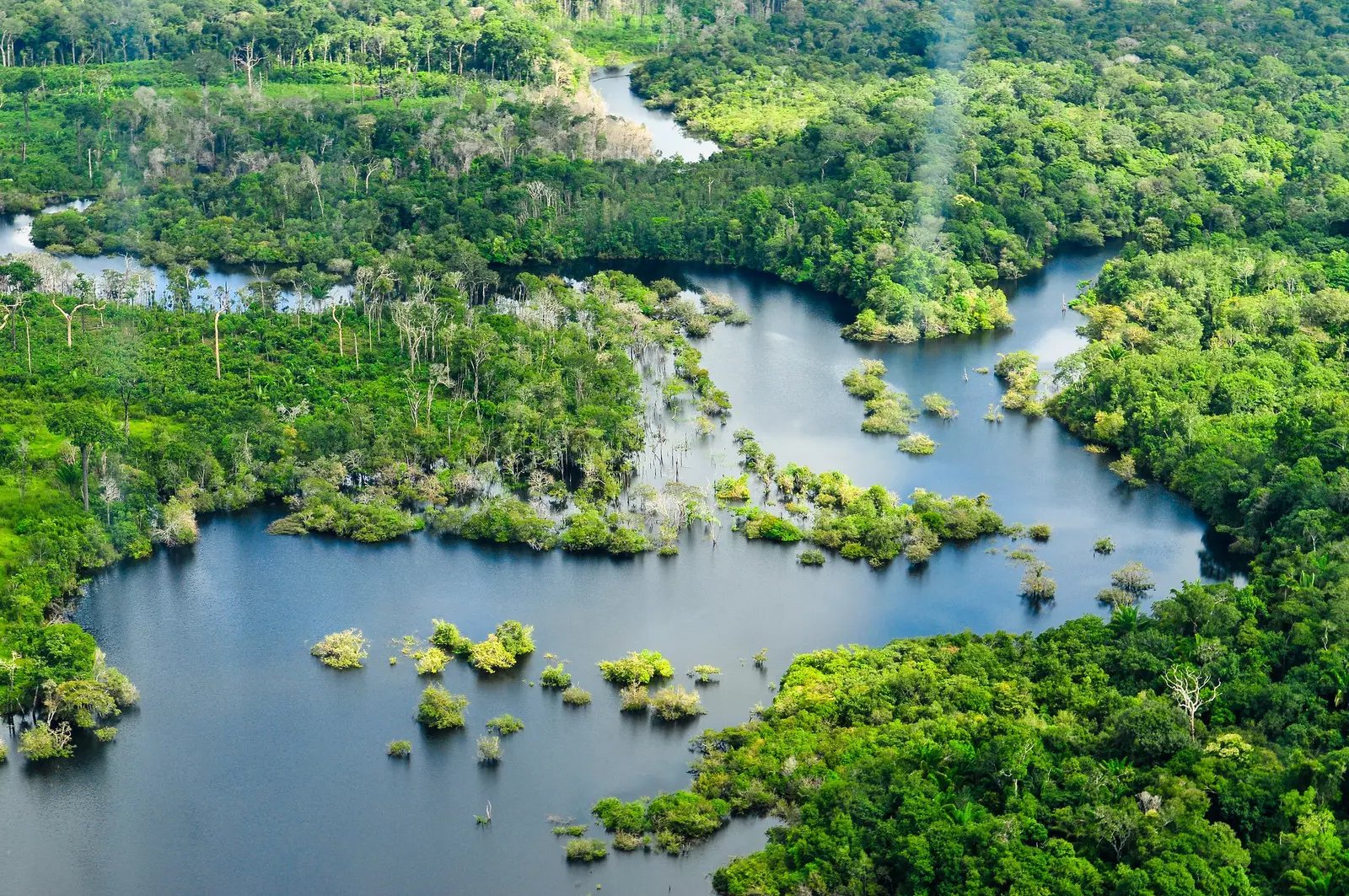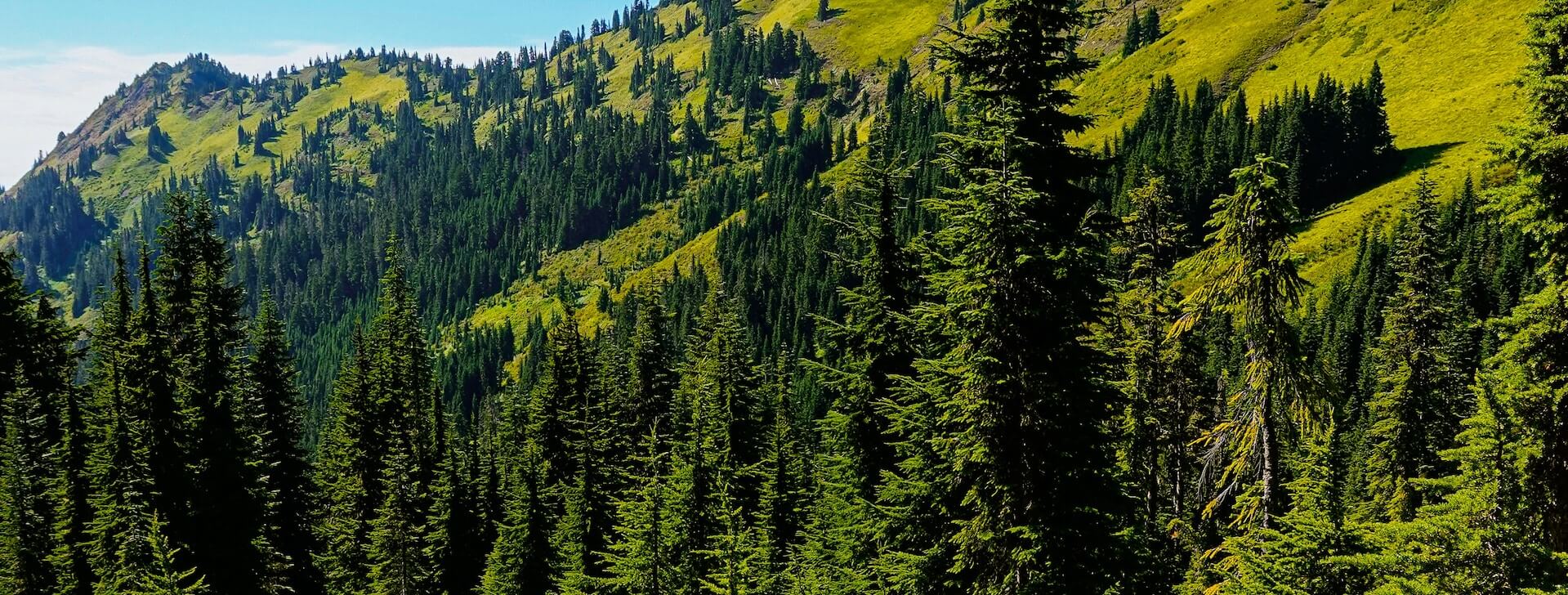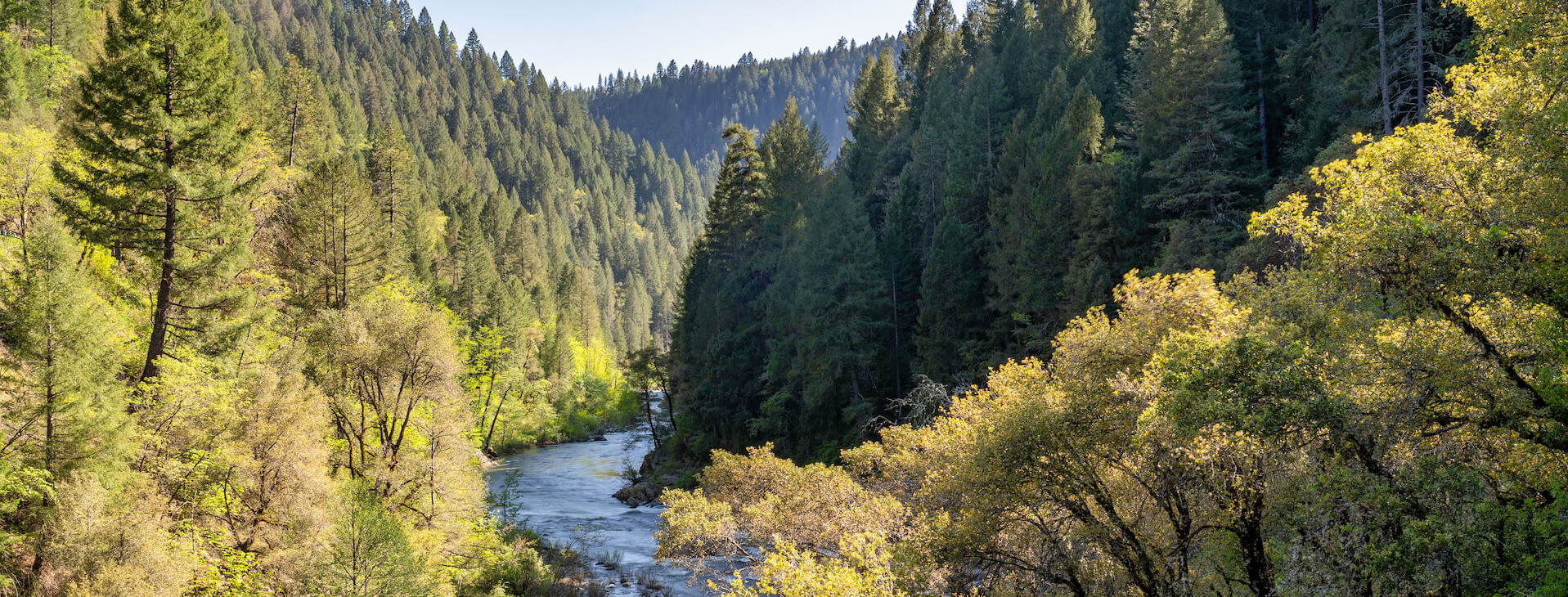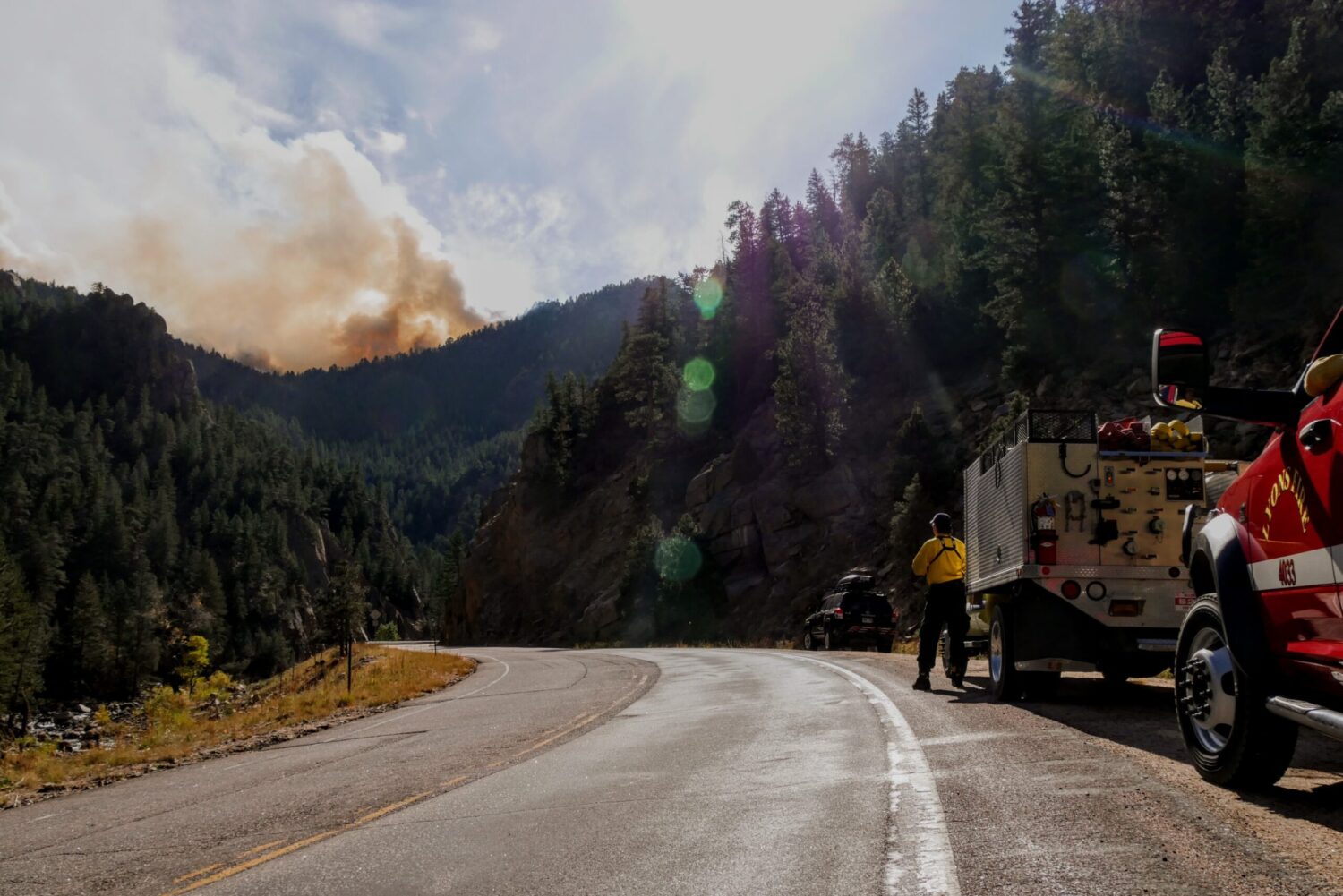ImpactAlpha, Aug. 10 – There was no grand pledge to halt deforestation, as Brazil’s President Luiz Inácio Lula da Silva had urged. Nor was there an agreement to end oil exploration, as Colombia’s President Gustavo Petro lobbied for. But the eight Amazonian nations gathered in Belém, Brazil did set out a common agenda for protecting the vast tropical forest they share.
Convened by Lula, the members of the Amazon Cooperation Treaty look to flex their collective muscle and win concessions from wealthy nations at the COP28 climate summit later this year. “The Amazon is drastically threatened,” Brazil’s environment minister Marina Silva said to start the summit. “It will be impossible to reverse this process if we work in isolation.”
Indigenous knowledge
The absence of a region-wide pledge to end deforestation by 2030 denies “the real value and importance of the Amazon to Amazonians and the rest of the world,” Ane Alencar with the Amazon Environmental Research Institute told ImpactAlpha.
She points to other wins in the group’s joint declaration, including acknowledgements of indigenous rights, the role of science and the cooperation of regional banks on sustainable development. “The engagement and recognition of traditional knowledge and the importance of traditional people in thinking about the future of the region is crucial,” she said.
Market support
A group of South American development banks used the summit to launch the Green Coalition, which will collaborate on sustainable development in the region, including funding, technical assistance to build a pipeline of climate-smart projects and ventures, and initiatives to create green jobs. A cornerstone of the program is the $900 million Pro-Amazônia program to support micro and small businesses. The group, led by the Inter-American Development Bank and the Brazilian Development Bank, will also create new blended finance offerings and guarantees to attract private capital.
Tipping point
Lula has made protecting the rainforest and its communities a centerpiece of his agenda. Brazil has reduced deforestation rates by a third in the first half of the year, according to satellite data, reversing the destructive pace of logging under his predecessor Javier Bolsanaro.
The Amazon, a tropical rainforest the size of India and home to some 50 million Indigenous people, is one of the planet’s most vital carbon sinks. With 17% of the vast forest already razed to make way for agriculture, mining and other development, the forest could reach a tipping point if another 5% or so of the forest disappears, scientists warn.

